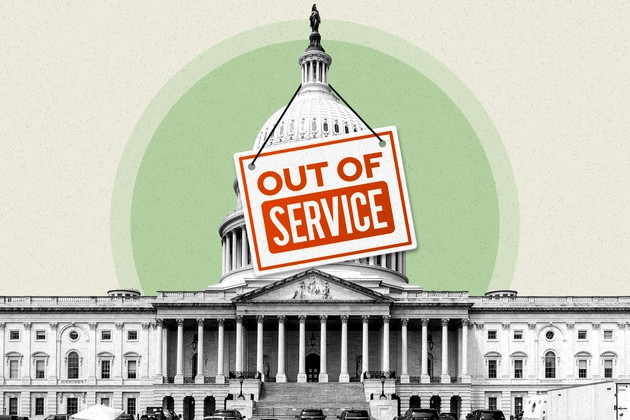This CNBC article, published on Sunday, describes how a massive winter storm has brought large parts of the U.S. to a standstill. The results of the storm have been heavy snow and ice from New Mexico to Maine, with the National Weather Service warning of "bitterly cold temperatures and dangerously low wind chills." As of Sunday morning, more than...
The Economic Perspective on Deportations
According to Reuters, President-elect Donald Trump has pledged on the campaign trail that he would carry out "the largest deportation" in American history. Now that he has won, I am going to analyze the potential positive and negative economic impacts that the deportations could have. From an economic perspective, the proposed mass deportation plan had potential benefits and drawbacks.
On the positive side, removing undocumented workers could free up jobs for American citizens, especially in industries with high competition for low-skilled labor, such as warehouse jobs, janitorial services, and grocery stores. This could theoretically reduce unemployment rates among American workers, especially in economically disadvantaged communities. Additionally, the deportations could reduce strain on social services like healthcare, education, and welfare programs (just by having to provide for fewer people). By lowering the demand for these services, more money could go to American citizens or help pay back our debt.
On the other hand, undocumented workers play a vital role in our economy, especially in sectors like agriculture, construction, and hospitality, which heavily rely on their labor. The deportations of those workers could lead to negative economic consequences that would be significant and far-reaching because deporting large numbers of workers could create significant, widespread labor shortages, driving up production costs (largely due to higher costs of labor) and ultimately leading to higher prices for consumers. Moreover, the cost of executing the deportation plan—estimated in the tens of billions—raised concerns about its fiscal sustainability and practicality. These expenses could outweigh any immediate financial savings and create an even bigger deficit.
Ultimately, the economic impact of mass deportation underscores the challenging and complicated balance between enforcing immigration laws and maintaining economic stability. Undocumented immigrants are deeply woven into the U.S. economy, and their sudden removal could have unintended ripple effects across industries, local communities, and national markets. Policymakers must carefully take into account the economic consequences when trying to address immigration policy, in order not to harm the economy.
Earlier this month, the Los Angeles Dodgers won the world series. Shortly after that, Forbes published an article about the record-breaking global viewership that the world series amassed. The 11-inning Game 7 instant classic had over 51 million viewers across just the U.S., Canada, and Japan. There are a couple obvious reasons for the...
This CNBC article, published last week, talks about how the U.S. federal government has just shut down. The shutdown started after Congress failed to reach an agreement on a funding bill before the deadline. The article goes on to talk about the immediate impacts on federal workers, disruptions to non-essential government services, and the...




